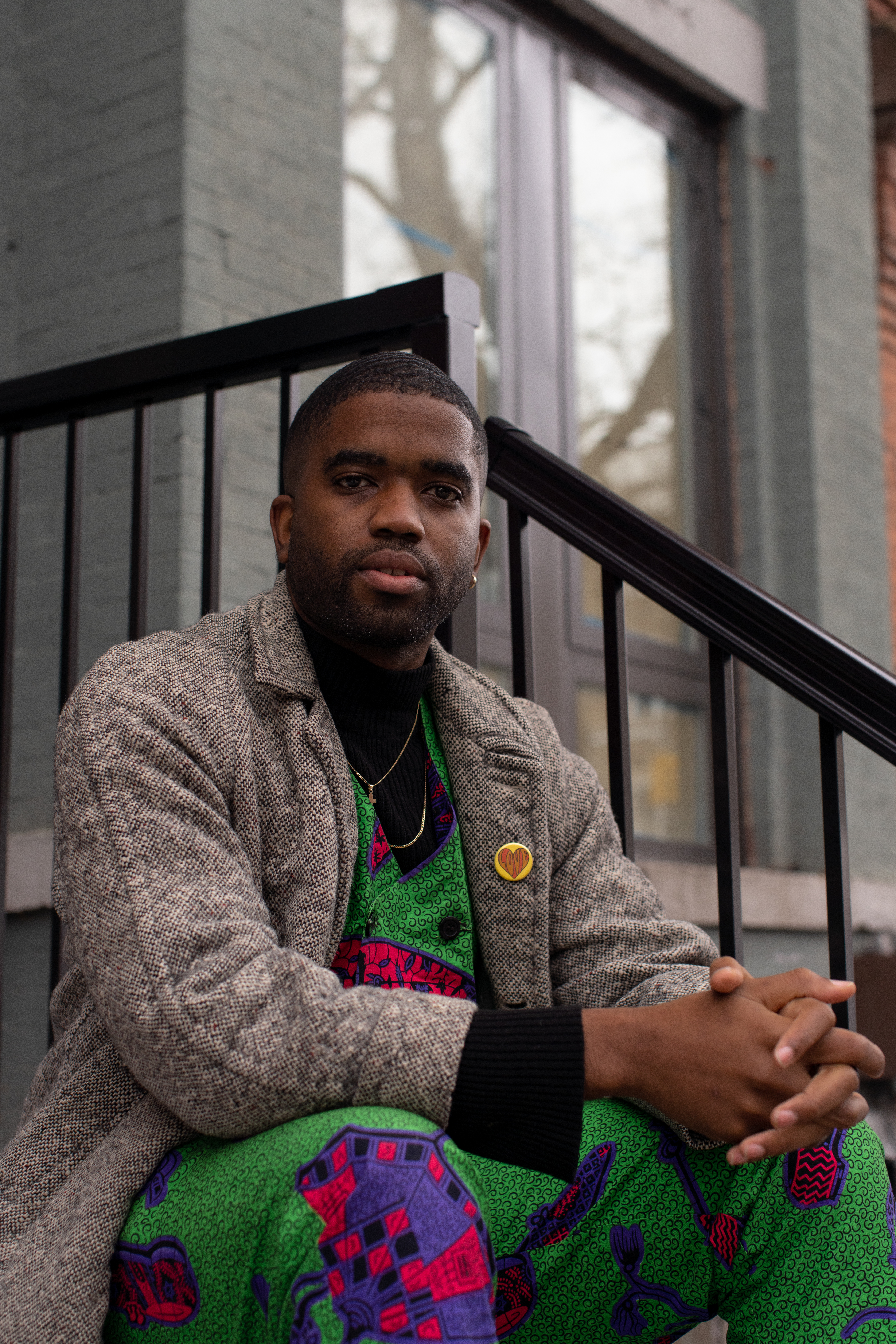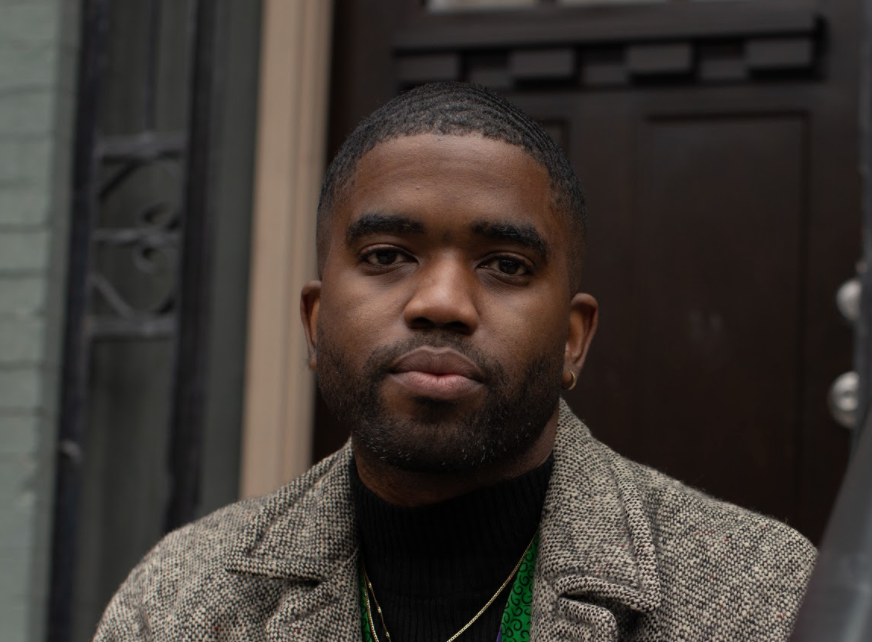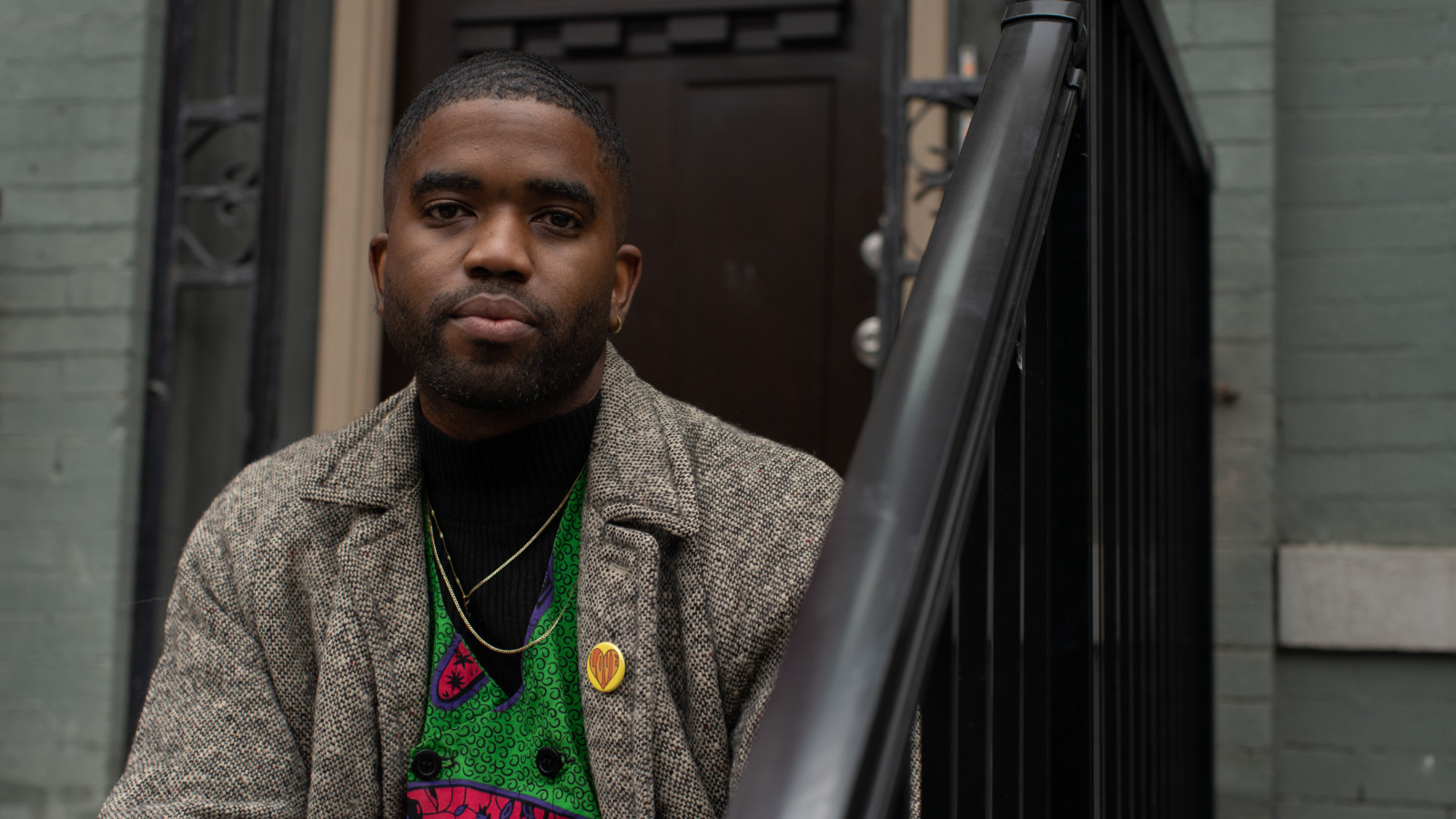Welcome to Transparent, a photo editorial series profiling Black mental health advocates who are breaking down barriers, increasing transparency, and changing the way mental health is perceived in the Black community. Salesforce and Thrive Global, with support from KPMG, have partnered to make change: to bring about positive mental health conversations in the Black community, to share strategies for seeking help, and to prioritize mental well-being.
By Uzoma F. Chibundu, as told to Thrive Global Studios
In Philly, as in most inner cities, things would go down after school. I used to have panic attacks every time the bell rang. You were either fighting somebody, somebody was fighting you, or you were fighting because your friends were fighting. I wasn’t able to sleep, I had terrible headaches, and I struggled every day with this crippling fear of being killed. Finally, in my sophomore year of high school, I told my mom (who’s a healthcare professional) that I was having headaches and dealing with insomnia. She said, “It sounds like you should see a therapist.” So I went, and not only did it help me cope with what I was going through, but it sparked an interest in becoming a therapist myself. I thought it seemed dope to get paid to help others live their life.
Later, during my junior year of high school, a forensic psychiatrist visited during Career Day — and he was a Black man. In my neighborhood, I wasn’t used to seeing Black men have careers, and here was a Black man pursuing something that I wanted to do. Listening to him speak allowed me to see myself outside of my neighborhood and encouraged me to start focusing on my future.

Seven years after that day, I see all Black clients at Black Men Heal pro bono. For the first time in my career, all my clients are Black men. Now I’m seeing how hard it is for them to seek out therapy. A lot of BIPOC view therapy as something that white people do. The attitude in our community is often this: If we just pick ourselves up, persevere, and pray it away, things will work out. Some people don’t feel like their problems are worthy of seeing a therapist. And because we’re born in an oppressed role in this world, a lot of us — myself included — have a high threshold for pain and suffering. But in reality, it’s because of our reluctance to see our own pain that we often need healing the most.
“The attitude in our community is often this: If we just pick ourselves up, persevere, and pray it away, things will work out. Some people don’t feel like their problems are worthy of seeing a therapist.”
It’s important to know that the smallest things can be therapeutic. You don’t need to live in the suburbs, have a nice car, or travel to feel like you’re taking care of yourself. Just hanging around people who are good for you and setting emotional boundaries are examples of self-care. Mental health has no price tag.



